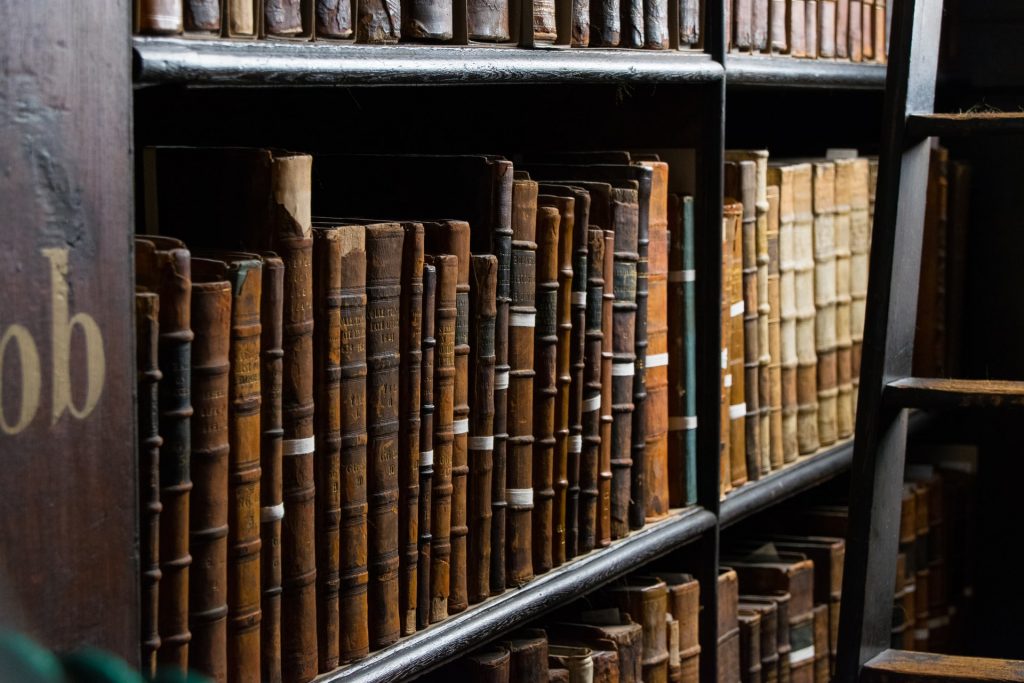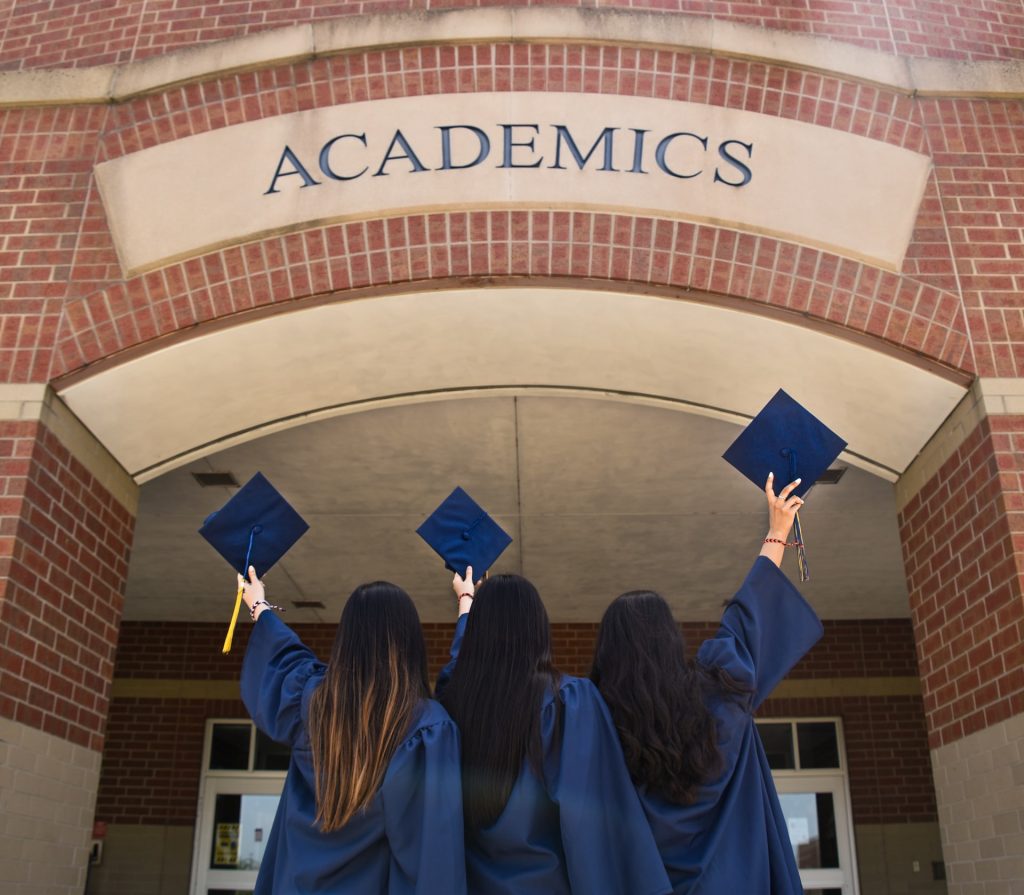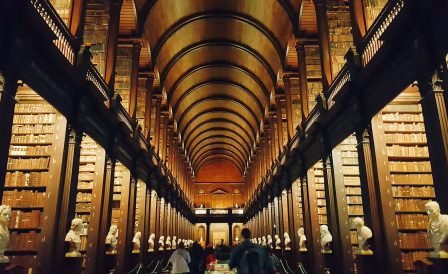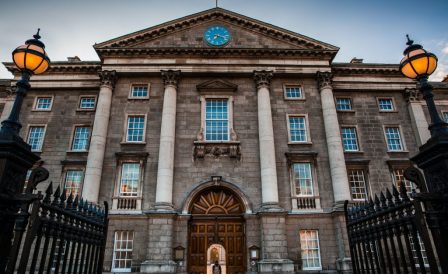The education system in Ireland is divided into several levels.
- Level 1 – Primary School
- Level 2 – Secondary School
- Further Education
- Level 3 – Professional and Higher Education
At the same time, Ireland has a National Qualifications System, which divides all education into ten steps.

Level 1 – Primary School
Children are required to attend school from the age of 5, but some children may start school on September 1 after their 4th birthday. Primary school lasts eight years, after which the child goes to secondary school.
Second Level – Secondary School
Secondary school starts from 12-13 years of age and consists of the Junior Cycle (1, 2 and 3 years), the Transition Year and the Senior Cycle (5 and 6 years). At the age of 17-19, schoolchildren pass the last school exams, the Leaving Certificate Examination.
Read more about school education in Ireland
Further Education
Further education is a transitional stage between the second (school) and third (professional) levels. It includes a certificate of graduation courses, vocational training for the unemployed, and Youthreach programs for early school dropouts. According to the Irish National Qualifications System, continuing education is a level 1-5 certificate.
Level 1-2 Certificates: These are designed for both young and older students, including those with intellectual and other disabilities, adults returning to school, and students with little or no qualifications. Most often, training for certificates provides basic literacy and maths skills.
Level 3 Certificate: Provides personal skills, practical skills and knowledge, individual talents, qualities and achievements. Equivalent to a junior high school certificate (first three years of high school).
Level 4 Certificate: Provides professional and personal skills, knowledge and understanding following established standards. It improves individual talents and qualities and achievements in various areas of development, including employment at the introductory level.
Level 5 Certificate: Allows students to develop a wide range of professional skills that require a general theoretical understanding. Holders of this certificate can already work independently. They are also considered to meet the minimum requirements for admission to several tertiary education institutions.

Third level – vocational and higher education
This sector of education is represented by universities, colleges and technological institutes (technical schools). In the National Qualifications System, these are all diplomas and degrees from levels 6 to 10:
Level 6: Advanced Certificate and Higher Certificate – Provides a wide range of skills of a professional-specialized nature. Most Level 6 certificate holders are employed, some of them self-employed. These certificates also provide an opportunity to continue studies for a bachelor’s degree.
Level 7: Ordinary Bachelor Degree – Usually for high school graduates and those with equivalent qualifications. Studying for an undergraduate program is generally three years. However, there is an opportunity to transfer immediately to the third year of study for holders of the Higher Certificate and receive a degree in just a year.
Level 8: Honors Bachelor Degree – This is not about grades but the length of study. The Honors Bachelor Degree usually takes four years to complete, although there are longer programs in areas such as architecture, dentistry and medicine. As a rule, school graduates and people with equivalent qualifications are admitted. Holders of a regular bachelor’s degree can obtain an honours bachelor’s degree in one year.
Level 8: Higher Diploma is a one-year program for those who already have a bachelor’s degree. The Higher Diploma is a retraining program for another speciality adjacent to existing education.
Level 9: Post Graduate Diploma is a one-year continuing education program. It is suitable for those who already have an honours bachelor’s degree, but it is possible to enter with a regular bachelor’s degree in some cases.
Level 9: Master’s degree – There are two types of master’s programs in Ireland: taught (with lectures and practices) and research (focusing on independent research with faculty teachers). The taught master’s degree is awarded after completion of a one to two-year program. Research master’s programs are usually two years in length. Both programs involve writing a dissertation. To apply for a master’s degree, you must already have a level 8 qualification. In exceptional cases, admission is possible with a regular bachelor’s degree.
Level 10: Doctoral Degree is a program for those who want to pursue serious scientific work and/or teach at the university. It generally consists of only research and dissertation writing and takes four years. A master’s degree is usually required for admission to doctoral studies.
Level 10: Higher Doctorate – The highest degree in the Irish education system. To get it, you must already have a doctorate and make a significant contribution to science and education. This degree is not based on the program of a specific university but is awarded individually based on the decision of the academic council of the university. It can be used for career advancement in academia.

If you want to study in Ireland, contact us. We will help you to choose the right education provider, enrol into the selected program and obtain a student visa for free.



